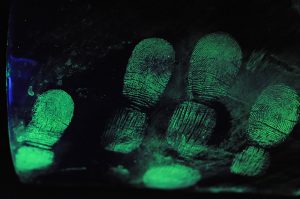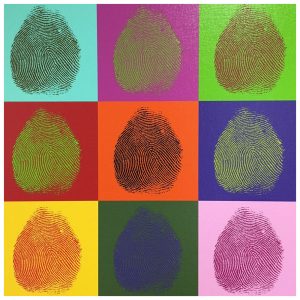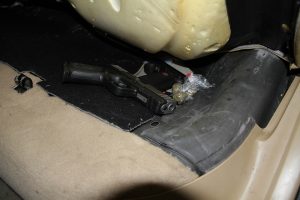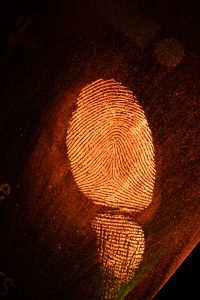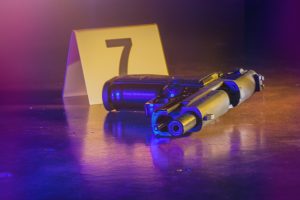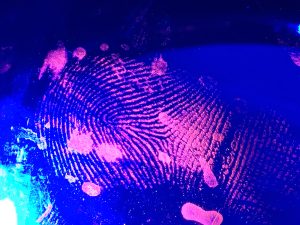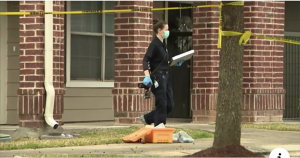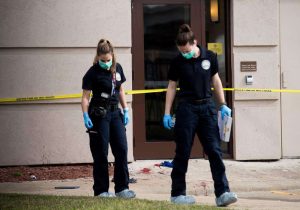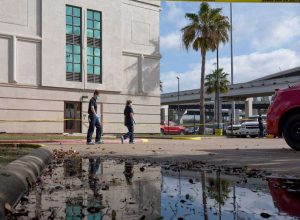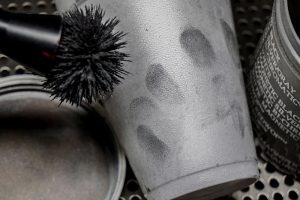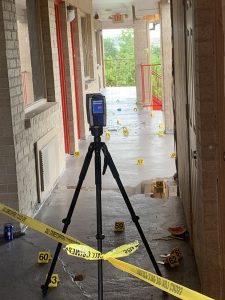Learn the foundation aspects of crime scene photography.
Lights, Camera, ARREST – Forensic Photography!
Mike Fulton
Course Number: 17
Level: Intermediate
THIS CLASS IS NOW CLOSED
Come learn what it is truly like to be a forensic photographer. In this class you will learn the foundation aspects of crime scene photography, blended in with hands-on experiments within the forensic world.
Each day we will build upon what we learned the day before, from basic aspects of how to capture a crime scene, to processing for fingerprints and photographing them, to understanding how each item on a crime scene should be captured as well as processed.
It will be an extremely hands-on course, so bring your photography equipment as daily challenges will be done to assist in the learning process. This course is for anyone who is curious on how a crime scene photographer works, interested in pursuing a career in the forensic world, and without question will be guaranteed to be a loads of Texas School styled fun.
With over two decades of crime scene experience, and hundreds of violent scenes processed, Mike will provide real life crime scene events to assist in the learning process.
This is an Intermediate Level Class. One should know the foundation aspects of photography and how f/stop, shutter speed, and ISO related to each other and how they affect the images captured.
Course Topics:
- Basic Photography
- Basic Electronic Flash including TTL Concepts
- Composition for the Crime Scene (How to photograph crime scenes)
- Photography of Chemoluminescent Blood Reagents
- Painting-with-Light Lighting Techniques – including lasers
- Fingerprint Photography and Specialized Evidence Lighting Techniques
- Alternate Light Source Photography
- Legal Issues for Digital Photography
Practical Exercised by Instructor and/or Students:
- Electronic Flash Operation
- Bluestar© Reagent Photography
- Low-Light Photography/Painting with Light
- Fingerprint Photography and Evidence Lighting
- Alternate Light Source Photography
- Processing of Chemicals to develop latent fingerprints
Suggested Audience:
- Amateur Photographers wanting to learn more about the basic concepts of forensic photography
- Professional Photographers wanting to expand their photographic knowledge base
Students Should Bring:
- Camera and lenses (macros especially)
- Electronic Flash
- Small LED panels
- Cable Release
- Tripod
- Extra batteries for camera and flash
- Laptop computer and photo card reader (for photo review)
Why You Should Take This Class:
- Learn the foundation aspects of crime scene photography
- Hands-on experiments within the forensic world
- Real life crime scene events to assist in the learning process
Meet the Instructor:
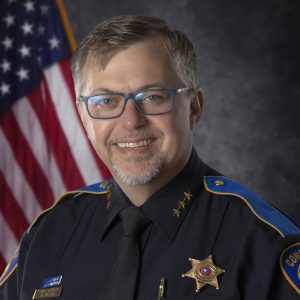
Mike Fulton
Lake Jackson, Texas
[email protected]
TriCoastPhoto.com

